
Zinc and Its Benefits
Zinc is a mineral contained in the human body in the amount of only 2-3 g but it is necessary for its normal functioning. Zinc is necessary for growth and development of our cells. It is essential for growth and development of infants. Zinc is a powerful antioxidant that prevents the toxic effects of free radicals.This mineral activates particular lymphocytes T. in the brain, acting on the field of memory and thinking. Therefore, the lack of zinc in the body may cause problems with learning and behavior and emotional problems.
Zinc is essential for beautiful skin. Its deficiency leads to dry skin, breaking nails, occurrence of dandruff and hair loss.
This mineral provide normal functioning of the immune system, helps in faster healing of wounds, especially burns, and reduces resistance to insulin.
Zinc is also of great help for men because it prevents the prostate enlargement, affects the creation of spermatozoids, is used in the treatment of impotence and infertility, and affects the creation of testosterone.
Among various benefits zinc also restores mental freshness, removes white spots on nails and acne and helps in getting back lost sense of taste.
Also, Zinc is very helpful in the prevention of colds and flu and chronic infections, as it encourages the immune system and has antioxidative effects.
Zinc and pumpkin seed that are rich in zinc are often included in the composition of the remedies for an enlarged prostate.
Sources of Zinc
Natural sources of zinc are red meat (pork, beef), grain cereals (unglazed), wheat germ, spinach, green beans, peas, eggs, milk, oysters, wine, pumpkin seeds, yeast and etc. It is believed that human body absorbs only about 10% of zinc from food, so it is necessary to enter larger quantities than recommended.Side Effects of Zinc Deficiency
Lack of zinc may cause delayed body development, reduced appetite, loss of taste and smell, mental lethargy, slow wound healing, tendency to infections, hair loss, reduced sperm count and reduced sexual drive. People who do not consume animal products should intake zinc through pumpkin seeds, unglazed grain cereals, beans and green beans.Is it Possible to Enter too much Zinc?
Toxic doses include 150-500 mg of zinc per day which may cause nervous system disorders.Indications with Other Drugs
Zinc binds to tetracycline, quinolones and levotiroxine and decreases their absorption, so it is advisable to take these medications 2 hours before meals.Thiazide diuretics can increase excretion of zinc by urine. Amiloride (potassium-saving diuretic) reduces zinc excretion trough the urine, whereas spironolactone and triamterene show no such effect.
Also, use of zinc is contraindicated with immunosuppressants and corticosteroids.
Vitamin A promotes the absorption of zinc.


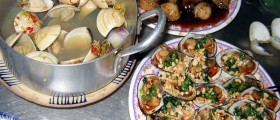

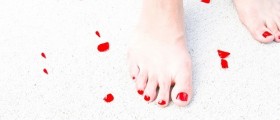




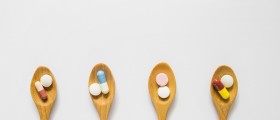




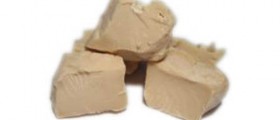
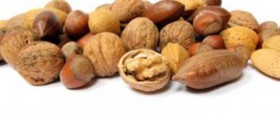
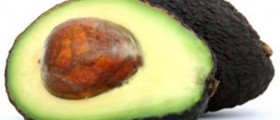
Your thoughts on this
Loading...